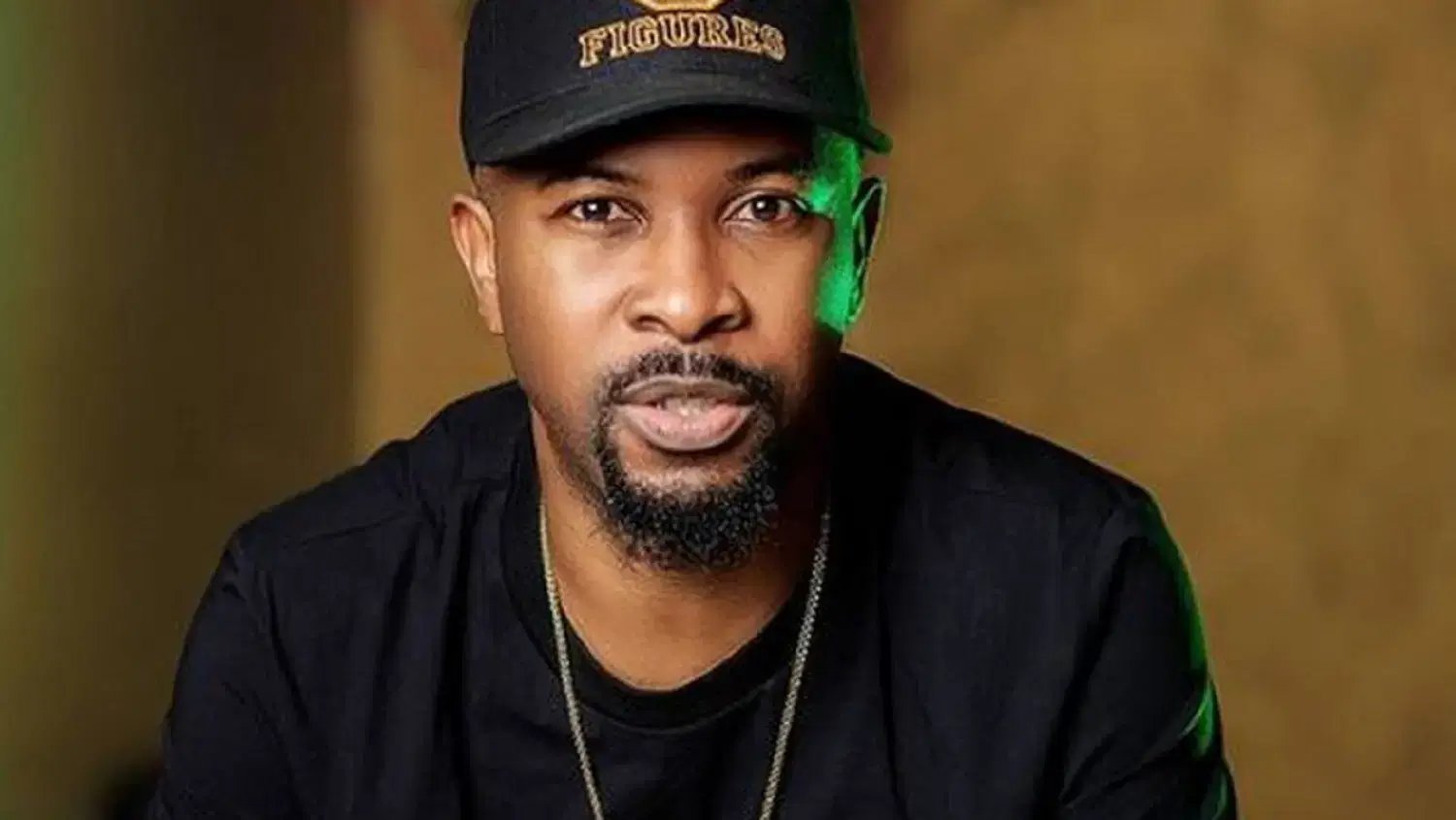Veteran rapper Ruggedman has stepped forward to defend Afrobeats superstar Davido following the latter’s contentious remarks about Nigeria’s investment climate. The situation has sparked intense debate across social media platforms and highlighted growing concerns about the country’s economic challenges.
Davido, one of Africa’s most influential musicians, recently made headlines by advising foreign investors to reconsider their investments in Nigeria, citing the nation’s current economic struggles. This bold stance from the international music star has ignited a fierce discussion about the appropriate ways to address Nigeria’s economic challenges and the role of public figures in such discourse.
Ruggedman, whose real name is Michael Ugochukwu Stephens, emphasized that while Davido’s message has drawn considerable attention, the wave of criticism directed at the artist does little to address the underlying issues facing the nation. The veteran rapper’s intervention brings a measured perspective to the debate, suggesting that energy might be better spent addressing the actual challenges rather than criticizing those who speak about them.
The controversy has taken on additional dimensions as social media users have begun examining the political connections of Davido’s family, particularly noting his father’s and uncle’s roles in Nigerian politics. Some critics argue that these family ties should compel the artist to seek change through internal channels rather than public statements that might discourage foreign investment.
However, supporters of Davido’s position, including prominent social media influencers, have drawn parallels to similar statements made by political leaders, including President Tinubu at the G20 summit. They argue that the criticism of Davido appears selective, given that similar observations from political figures have not received comparable backlash.
The debate has evolved beyond Davido’s initial statement to encompass broader questions about accountability in Nigerian governance and the role of influential figures in national discourse. Some observers point out that the artist’s comments merely reflect widely acknowledged challenges rather than revealing new information.
Ruggedman’s support for Davido includes a call to action directed at the government, urging concrete steps to address the nation’s challenges. This intervention from a respected figure in Nigeria’s music industry adds weight to the ongoing discussion about the country’s economic direction and the responsibilities of both government and citizens in addressing national challenges.
The controversy has also highlighted the complex relationship between Nigeria’s entertainment industry and political sphere, with social media users questioning the responsibilities of artists who come from politically connected families. This aspect of the debate touches on broader questions about influence, privilege, and the obligation to effect change from within existing power structures.
The discussion has gained particular resonance given Nigeria’s current economic challenges, with many citizens experiencing significant hardships. Ruggedman’s intervention suggests that rather than focusing on criticizing messengers like Davido, attention might be better directed toward developing solutions to the country’s economic challenges.
Public reaction to the controversy has been mixed, with some social media users defending Davido’s right to express concerns about national issues regardless of his family background, while others argue that his privileged position demands a more constructive approach to addressing national challenges.
This incident has ultimately sparked a broader conversation about the role of public figures in national discourse and the most effective ways to address Nigeria’s economic challenges. As the debate continues, it highlights the complex interplay between celebrity influence, political responsibility, and national development in contemporary Nigeria.
The controversy shows no signs of abating, as it touches on fundamental questions about patriotism, responsibility, and the right way to address national challenges. What began as one artist’s warning to foreign investors has evolved into a national conversation about accountability, privilege, and the path forward for Africa’s largest economy.



